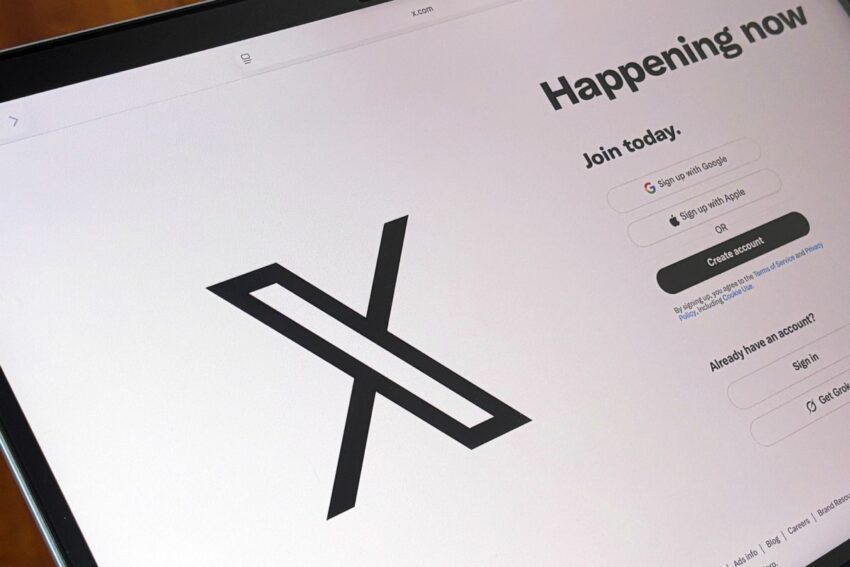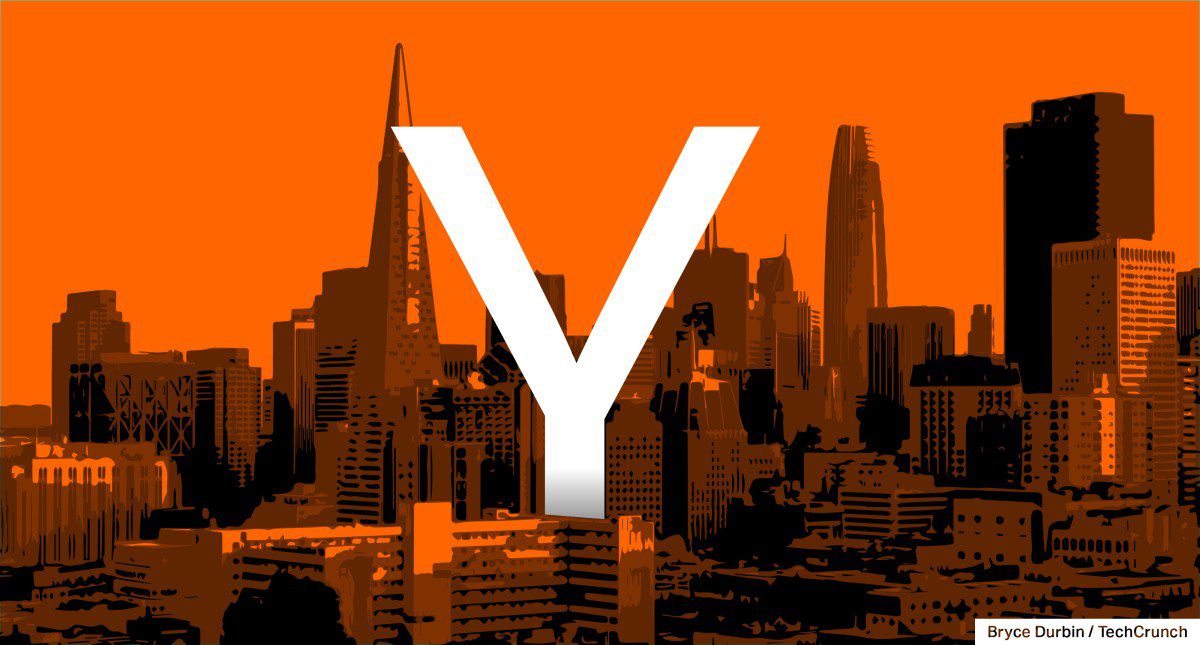
india court rejects x s free speech The Indian judiciary has delivered a significant ruling affirming the government’s authority to issue content takedown orders, rejecting X’s claims of free speech violations.
india court rejects x s free speech
Background of the Case
In March 2025, X, the social media platform formerly known as Twitter, initiated legal proceedings against the Indian government. The lawsuit stemmed from a series of content takedown orders that the government issued through its centralized portal. X argued that these orders infringed upon the rights of users to express themselves freely on the platform. The case has drawn considerable attention, not only for its implications on free speech but also for the broader context of digital governance in India.
The Centralized Takedown System
The Indian government has implemented a centralized system for content moderation, which allows it to issue takedown orders for content deemed inappropriate or harmful. This system is part of a broader regulatory framework aimed at ensuring that social media platforms adhere to local laws and standards. Critics argue that such measures can lead to censorship and stifle free expression, particularly in a country with a vibrant and diverse population.
X’s Argument for Free Speech
X’s legal team contended that the government’s takedown orders violated the fundamental right to free speech as enshrined in the Indian Constitution. They argued that the platform serves as a crucial space for public discourse and that the removal of content without due process undermines democratic principles. X emphasized that the platform is a vital tool for marginalized voices and dissenting opinions, which could be silenced under stringent government regulations.
The Court’s Ruling
On September 24, 2025, the Indian court delivered its ruling, firmly backing the government’s authority to issue content takedown orders. The court stated that the government has a legitimate interest in regulating online content to maintain public order and protect citizens from harmful material. The judges emphasized that the right to free speech is not absolute and can be subject to reasonable restrictions, particularly when it comes to issues of national security, public order, and morality.
Legal Precedents and Implications
The court’s decision aligns with previous rulings that have upheld the government’s ability to regulate online content. Legal experts note that this ruling could set a precedent for future cases involving digital platforms and government oversight. The implications of this ruling extend beyond X, potentially affecting other social media companies operating in India.
Furthermore, the ruling raises questions about the balance between free speech and government regulation. While the court acknowledged the importance of free expression, it also highlighted the need for responsible content moderation to prevent the spread of misinformation and hate speech. This duality reflects ongoing debates in many democracies about how to navigate the complexities of digital communication in an age of rapid information dissemination.
Stakeholder Reactions
The ruling has elicited a range of responses from various stakeholders, including legal experts, civil society organizations, and tech industry representatives.
Reactions from Civil Society
Many civil society organizations have expressed concern over the ruling, arguing that it could lead to increased censorship and a chilling effect on free speech. Activists fear that the government’s powers to remove content could be misused to silence dissent and stifle critical voices. They argue that the ruling undermines the democratic fabric of the country and could set a dangerous precedent for future governance.
Industry Perspectives
On the other hand, some industry representatives have welcomed the ruling as a necessary step towards clearer regulations for social media platforms. They argue that a well-defined regulatory framework can help create a safer online environment while ensuring that platforms comply with local laws. However, there are concerns that overly stringent regulations could lead to self-censorship among platforms, as they may err on the side of caution to avoid penalties.
Legal Experts Weigh In
Legal experts have noted that the ruling underscores the complexities of balancing free speech with the need for regulation. Some argue that while the government has a responsibility to protect its citizens, there must also be safeguards in place to prevent abuse of power. They suggest that clearer guidelines and transparency in the takedown process could help mitigate concerns about censorship.
Global Context
This ruling is part of a broader global trend where governments are increasingly seeking to regulate online content. Countries around the world are grappling with issues related to misinformation, hate speech, and the role of social media in public discourse. As governments implement stricter regulations, tech companies are faced with the challenge of navigating these complex legal landscapes while maintaining their commitment to free expression.
Comparative Analysis
In many Western democracies, there has been a push for greater accountability among social media platforms, often leading to calls for more robust content moderation policies. However, the approach taken by the Indian government differs significantly from those in countries like the United States, where the First Amendment provides strong protections for free speech. The Indian court’s ruling highlights the differing legal frameworks and cultural attitudes towards free expression and regulation.
Future of Digital Governance in India
The ruling may signal a shift in how digital governance is approached in India. As the government continues to assert its authority over online content, it may lead to a more regulated internet landscape. This could have far-reaching implications for how social media platforms operate in the country, influencing everything from content moderation policies to user engagement strategies.
Conclusion
The Indian court’s ruling in favor of the government’s content takedown powers marks a pivotal moment in the ongoing debate over free speech and digital governance. As X and other platforms navigate this new legal landscape, the implications of this ruling will likely resonate across the tech industry and civil society. The balance between protecting free expression and ensuring responsible content moderation remains a contentious issue, one that will continue to evolve as technology and society intersect.
Source: Original report
Was this helpful?
Last Modified: September 25, 2025 at 7:38 am
1 views















